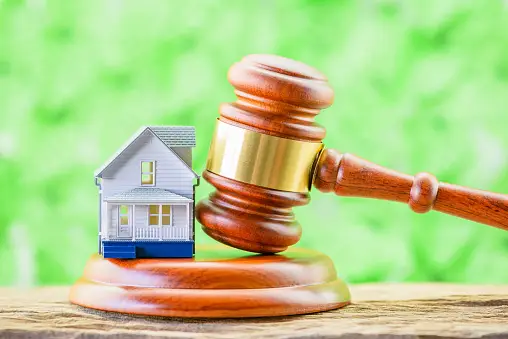
Foreclosure is a legal process through which a lender attempts to recover the balance of a loan from a borrower who has stopped making payments by forcing the sale of the asset used as collateral for the loan. In the state of Florida, like in many other states, foreclosure can have significant implications not only for the borrower but also for sellers who may find themselves in situations where they need to sell their property before foreclosure proceedings commence or during the foreclosure process itself.
Understanding Foreclosure in Florida
Florida has one of the highest foreclosure rates in the United States, with thousands of properties going through the foreclosure process each year. The state’s legal framework for foreclosure is governed by both state law and federal regulations. In Florida, foreclosures can occur through either judicial or non-judicial processes, with the former being more common.
In a judicial foreclosure, the lender files a lawsuit against the borrower to obtain a court order to foreclose on the property. This process involves a series of legal steps, including notification to the borrower, hearings, and ultimately a judgment from the court allowing the foreclosure sale to proceed.
On the other hand, non-judicial foreclosures, while permitted in some states, are not common in Florida. These foreclosures do not require court intervention and are typically conducted through a power of sale clause in the mortgage or a deed of trust.
Effects of Foreclosure on Sellers
For sellers in Florida, the effects of foreclosure can be severe and wide-ranging. Here are some key considerations:
- Impact on Credit Score: Foreclosure can have a devastating impact on a seller’s credit score, making it difficult to secure future loans or lines of credit. A foreclosure can remain on a credit report for up to seven years, making it challenging to obtain favorable financing terms for another property or other major purchases.
- Loss of Equity: Foreclosure often results in the loss of equity in the property for the seller. When a property is sold through foreclosure, it is typically sold at a significant discount to its market value, resulting in a loss for the borrower/seller.
- Legal Ramifications: Foreclosure proceedings can also lead to legal complications for sellers, including potential deficiency judgments. In Florida, if the proceeds from the foreclosure sale are insufficient to cover the outstanding balance of the loan, the lender may seek a deficiency judgment against the borrower/seller for the remaining amount owed.
- Emotional Stress: The foreclosure process can be emotionally taxing for sellers, who may feel a sense of shame, embarrassment, or failure as a result of losing their home. Dealing with the uncertainty and stress of foreclosure proceedings can take a toll on sellers and their families.
- Impact on Future Housing Options: A foreclosure can also make it challenging for sellers to secure alternative housing in the future. Many landlords and property managers conduct credit checks as part of the rental application process, and a foreclosure on a seller’s credit report may make it difficult to rent a new property.
What Sellers Need to Know
Given the potential consequences of foreclosure, sellers in Florida should be proactive in exploring alternative options to avoid foreclosure if they find themselves struggling to make mortgage payments. Some strategies sellers can consider include:
- Loan Modification: Sellers may be able to negotiate a loan modification with their lender to lower their monthly payments or change the terms of the loan to make it more affordable.
- Short Sale: A short sale involves selling the property for less than the outstanding balance of the loan with the lender’s approval. While a short sale will still negatively impact the seller’s credit score, it may be less damaging than a foreclosure.
- Deed in Lieu of Foreclosure: In a deed in lieu of foreclosure, the borrower voluntarily transfers ownership of the property to the lender to satisfy the debt, thereby avoiding foreclosure proceedings.
- Bankruptcy: Filing for bankruptcy can temporarily halt foreclosure proceedings and provide sellers with an opportunity to restructure their debts and potentially save their home.
- Seeking Legal Assistance: Sellers facing foreclosure should consider seeking the advice of a qualified attorney who specializes in real estate law. An attorney can help sellers understand their rights and options and represent their interests throughout the foreclosure process.
In conclusion, the foreclosure process in Florida presents significant challenges for sellers, encompassing financial, legal, and emotional ramifications. Understanding the available options and seeking proactive solutions is crucial for mitigating the adverse effects of foreclosure. Sellers should explore alternatives such as loan modifications, short sales, or bankruptcy, while also considering seeking legal assistance to navigate the complexities of real estate law. By taking decisive action and seeking support, sellers can minimize the impact of foreclosure on their credit scores, equity, and overall well-being, thus paving the way for a more stable financial future.

